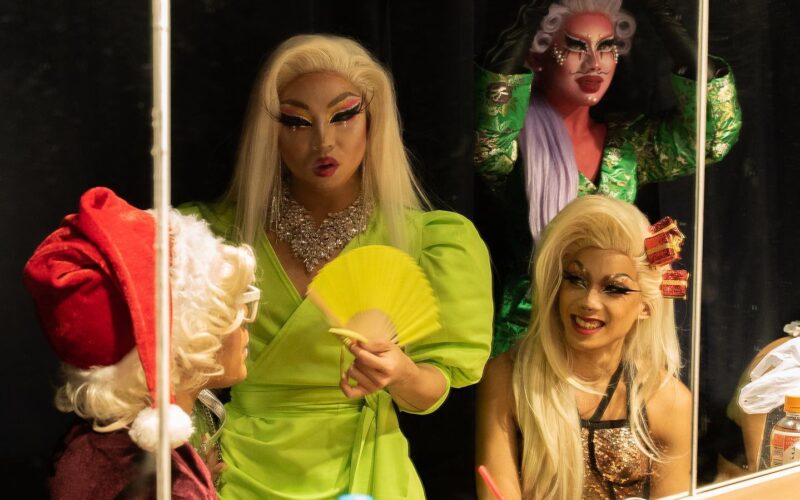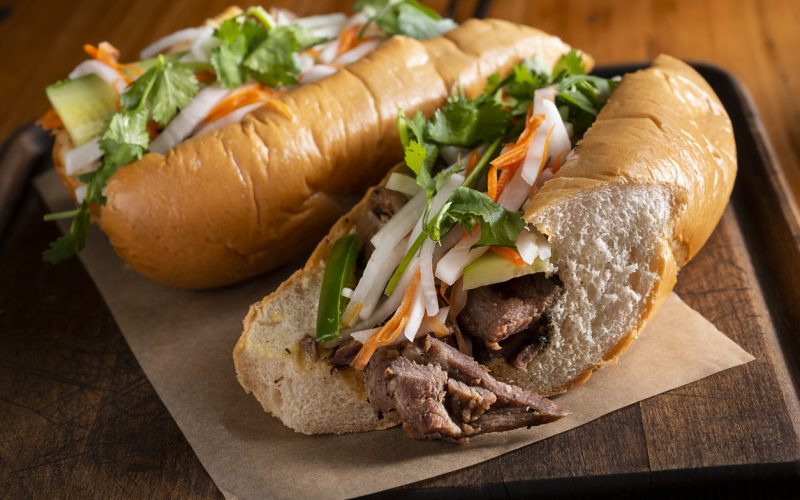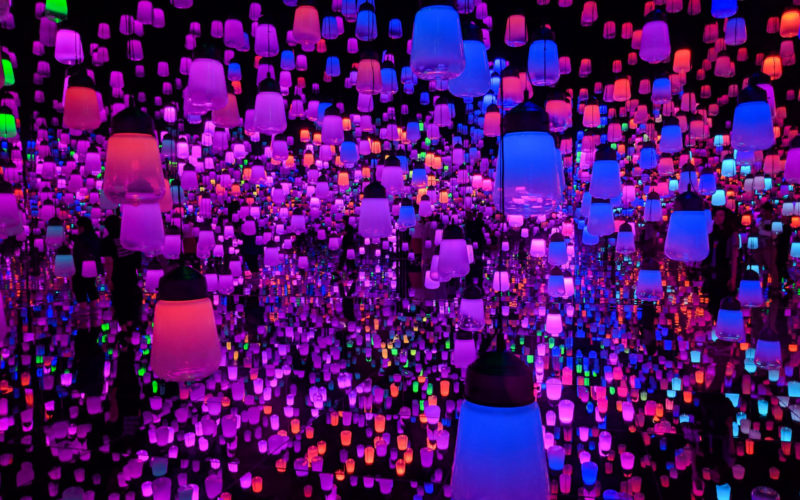Kappabashi Street
Welcome to Kitchen Town.
Know those plastic food samples outside pretty much every Japanese restaurant? They were probably bought in Kappabashi: Taito ward’s home of plastic food and kitchenware.
If the gigantic chef’s head that overlooks what is known in Japanese as ‘Kitchen Town’ isn’t enough to prove that Kappabashi is the perfect mid-way point for foodies, it’s astonishing variety of shops will. Clocking in over 170 shops in its 800m (half-mile) radius, Kappabashi is Japan’s largest shopping street dedicated to cooking-related goods. It’s location, between Asakusa and Ueno, makes it a great stop-off point after visiting Sensoji Temple to refuel before you go on to Ueno Park.
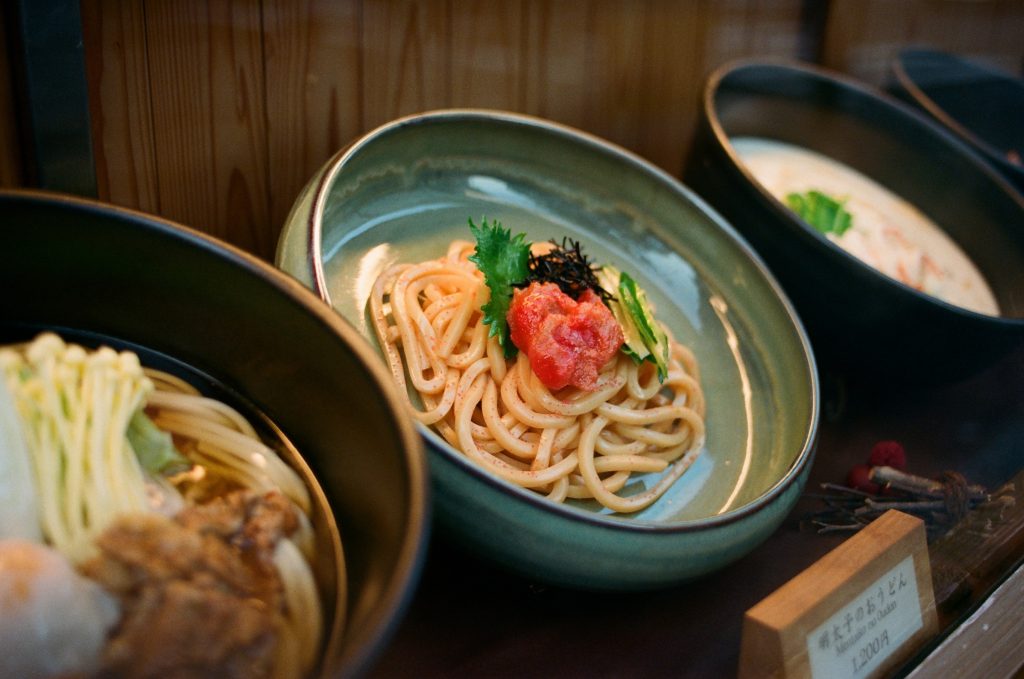
Plastic or real? It’s hard to tell.
How did Kappabashi become the ultimate cook’s paradise? Around the turn of the 20th century, merchants started gathering in the area that we know and love, selling tools, hardware and cooking implements. This tradition has carried on for over a century and today, you can find an eclectic mix of Japanese, Chinese and Western cooking equipment suitable for home-cooking or for use in a restaurant.
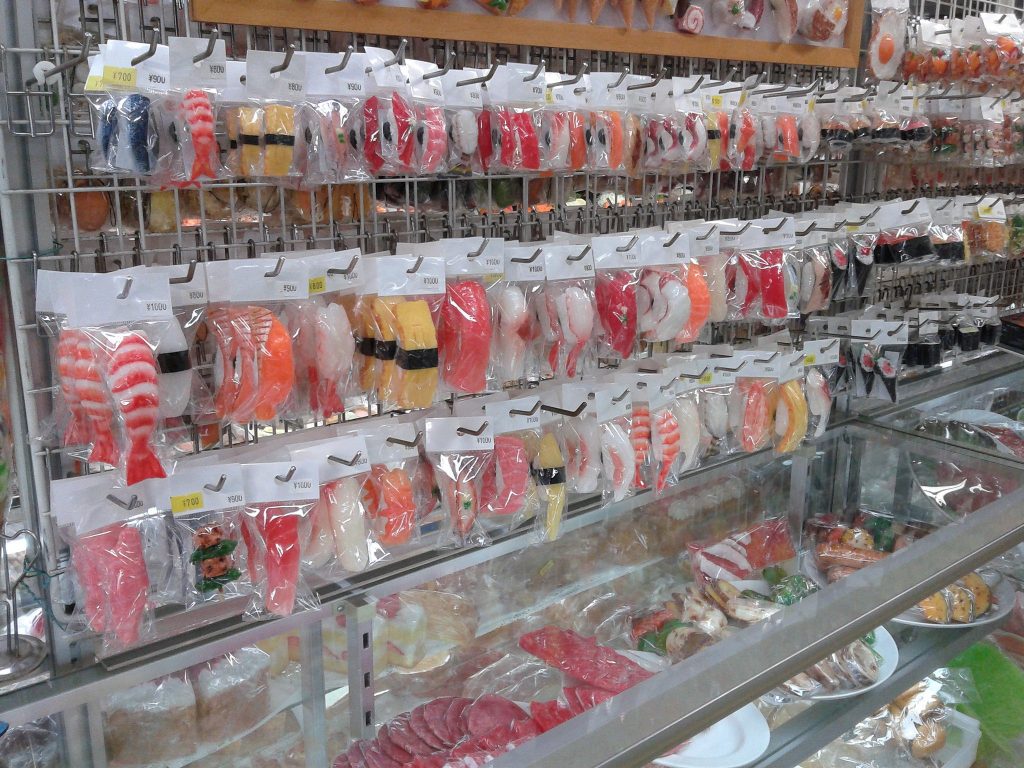
Pick up a set of sushi fridge magnets. Photo by fry_theonly.
In fact, many restauranteurs come to Kappabashi to buy their chefs’ coats, signs and noren (the shop curtains hanging out the front of many Japanese restaurants).
If the amount of shops is too overwhelming, make sure to check out two in particular. Kamata, a speciality knife shop, allows customers to have their name engraved in either kanji or katakana (usually used for foreign or more western names) on the blade of a knife. It is located on the main street and has an impressive painting of a giant knife outside. Alternatively, Maiduru’s specialty is plastic food making it go-to place for more bizarre souvenirs.
Imagine the look of your friends and family member’s faces when presented with a magnificent platter of sushi and some cheesecake to wash it down…only to find they’ve bitten off more than they can chew.
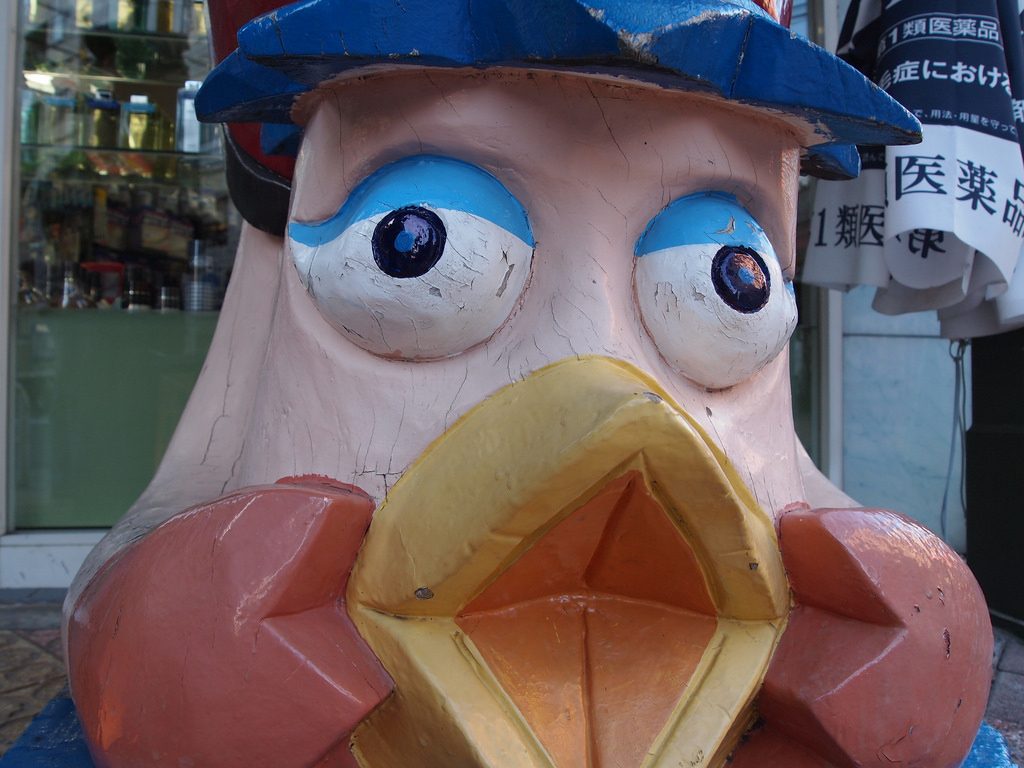
Hallo! Photo by Cherrie Mio Rhodes.
Why “Kappabashi”? Originally, the name “Kappabashi” is thought to have come from either the raincoats (“kappa”) worn by nearby residents and hung out to dry on the bridge (“bashi”), or from a prominent merchant at the time named Kihachi Kappaya. This hasn’t stopped the street from capitalising on the other meaning of the word kappa, a popular mythical sea-sprite fond of cucumbers, however. So loved is the Kappa, that the street has adopted it as their official mascot. Statues and decorations depicting the green, water dwelling monster line the street and window displays making for some seriously funny photo opportunities.
Topics: kappabashi street, Offbeat, shopping, tokyo
